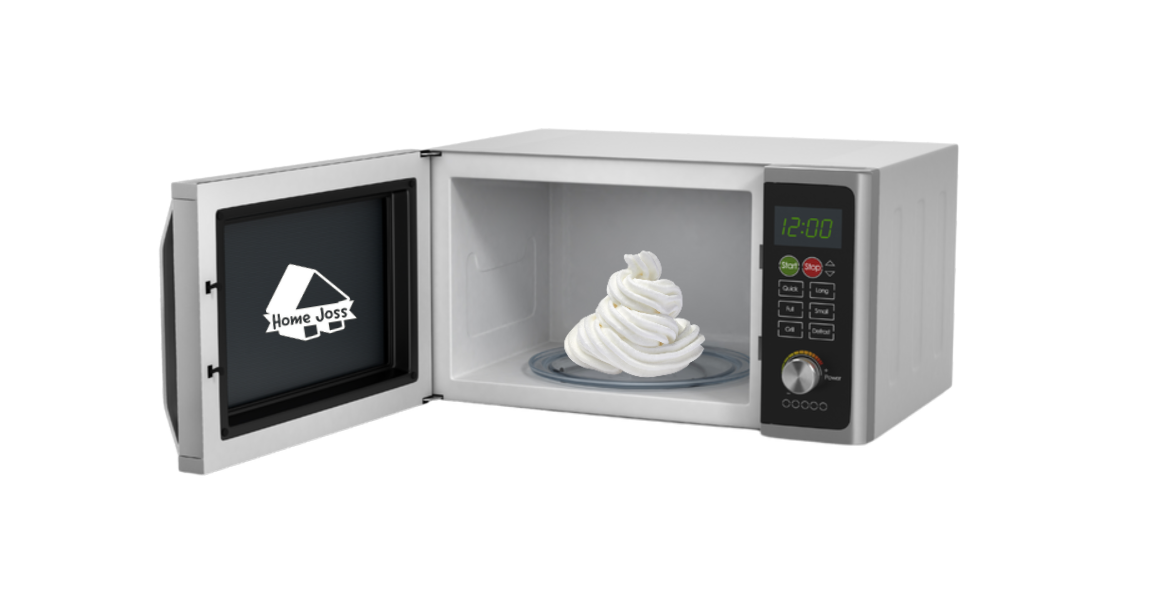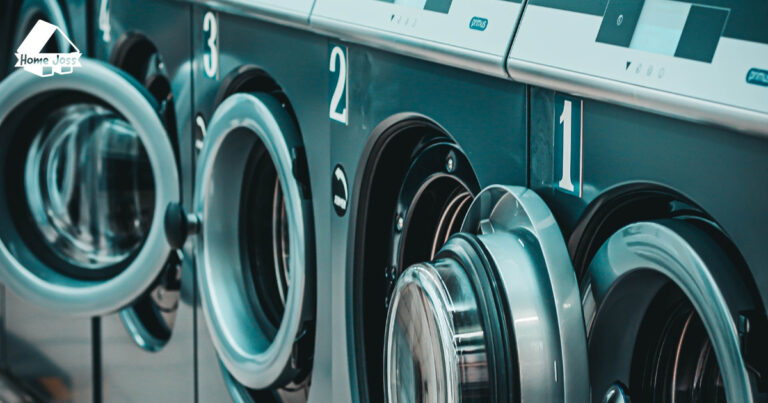No, it is not recommended to microwave sour cream as it can separate and curdle. Putting sour cream in a microwave can cause its composition to change, resulting in an undesirable texture and taste.
Microwaving can also cause the sour cream to lose its creamy consistency and become watery. Therefore, it is best to avoid microwaving sour cream and instead use it in recipes where it can be added later during cooking or served cold as a condiment.
Sour cream is a popular dairy product known for its creamy texture and tangy flavor. It is commonly used in various dishes such as dips, sauces, and baked goods to add richness and moisture.
However, when it comes to heating sour cream in a microwave, caution should be exercised. This article will delve into whether it is safe and advisable to microwave sour cream, as well as provide alternative methods of including sour cream in your recipes.

Heating Sour Cream In A Microwave
Heating sour cream in a microwave can be a topic of debate. While some people believe that microwaving sour cream is perfectly safe and can be done without altering its texture or taste, others have concerns about the potential effects on the quality of the sour cream.
Before microwaving sour cream, it is important to consider a few factors. First, make sure to place the sour cream in a microwave-safe container to avoid any chemical reactions. Additionally, it is advisable to heat sour cream in short intervals, stirring in between, to ensure an even distribution of heat.
Contrary to common misconceptions, microwaving sour cream does not necessarily ruin its taste or texture. However, it is essential to note that excessive or prolonged heating may cause the sour cream to become watery or develop a curdled appearance. To preserve the best quality, it is recommended to heat sour cream only when necessary and in small quantities.
In conclusion, microwaving sour cream can be done effectively if proper precautions are taken. By understanding the potential effects on its texture and taste, you can ensure that the sour cream is heated evenly and maintains its quality.
Must read How to Set the Clock on a Samsung Microwave?
What Happened If You Microwave Sour Cream? (Video)
Recommended Techniques For Microwaving Sour Cream

When microwaving sour cream, there are a few recommended techniques to follow in order to prevent separation or curdling. First, it’s important to stir the sour cream gently before microwaving it.
This will help distribute the fat and prevent clumps. Covering the dish with a microwave-safe lid or plastic wrap will help trap the moisture, ensuring even heating and preventing the sour cream from drying out.
Additionally, reheating dishes with sour cream in the microwave requires some best practices. Avoid overheating the dish, as this can cause the sour cream to separate and become watery.
Instead, reheat the dish in short intervals, checking and stirring in between to ensure even heat distribution. If possible, add sour cream as a topping after reheating to preserve its creamy consistency and avoid overcooking.
| Techniques for Microwaving Sour Cream | Best Practices for Reheating Dishes with Sour Cream |
|---|---|
| – Stir the sour cream before microwaving | – Avoid overheating the dish |
| – Cover the dish with a microwave-safe lid or plastic wrap | – Reheat in short intervals, checking and stirring in between |
| – Add sour cream as a topping after reheating |
When it comes to microwave cooking, sour cream can be a versatile and flavorful ingredient. Incorporating sour cream in microwave dishes can add creaminess and tanginess to your favorite recipes. You can explore a wide range of flavors and cuisines with microwave-friendly recipes that feature sour cream as a key component.
Incorporating sour cream in microwave cooking is easy and convenient. Simply add it to dishes like mashed potatoes, casseroles, or soups for a creamy and tangy twist. You can also use it as a base for dips and dressings, perfect for snacking or salads.
Exploring various flavors with sour cream in microwave cooking opens up a world of possibilities. From traditional recipes to fusion dishes, sour cream can enhance the taste and texture of your meals. Mexican-inspired dishes like enchiladas or tacos can be made even more delicious with a dollop of sour cream.
So, next time you’re looking for creative microwave recipes, consider incorporating sour cream. It’s an easy way to elevate your dishes and add a creamy and tangy flavor profile effortlessly.
Frequently Asked Questions On Can You Microwave Sour Cream
Is It OK to Heat Sour Cream?
Yes, it is safe to heat sour cream.
Will Sour Cream Break When Heated?
Heating sour cream may cause it to separate or curdle due to its high-fat content.
Can You Microwave Sour Cream?
Yes, you can microwave sour cream, but it may cause separation and result in a watery texture.
Will Microwaving Sour Cream Change Its Taste?
Microwaving sour cream may change its taste slightly; it can become slightly tangier than when it’s cold.
Does Microwaving Sour Cream Make It Unsafe To Eat?
Microwaving sour cream doesn’t make it unsafe to eat, but it may affect its texture and taste.
How Do You Prevent Separation When Microwaving Sour Cream?
To prevent separation, stir the sour cream well before microwaving and heat it in short intervals, stirring in between.
Can You Add Microwaved Sour Cream To Hot Dishes?
Yes, you can add microwaved sour cream to hot dishes, but it’s better to add it after the dish has cooled slightly.
Does Microwaving Sour Cream Affect Its Nutritional Value?
Microwaving sour cream may slightly reduce its nutritional value, but it still retains most of its original nutrients.
What Happens If Sour Cream Is Microwaved For Too Long?
If sour cream is microwaved for too long, it can separate completely, turning into a curdled mixture.
Microwaving sour cream can have mixed results. While it may be a convenient option for some dishes, it can also alter the texture and flavor in undesirable ways. The heat from the microwave can cause separation and curdling, resulting in a watery consistency and a sour taste.
Additionally, there is a risk of bacteria growth if the sour cream is not heated properly. It is crucial to follow recommended guidelines and use microwave-safe containers to ensure food safety.
If you find yourself in a situation where using microwaved sour cream is necessary, consider adding it as a topping or mixing it in after heating the other ingredients. Ultimately, the decision to microwave sour cream depends on the dish and personal preference.






